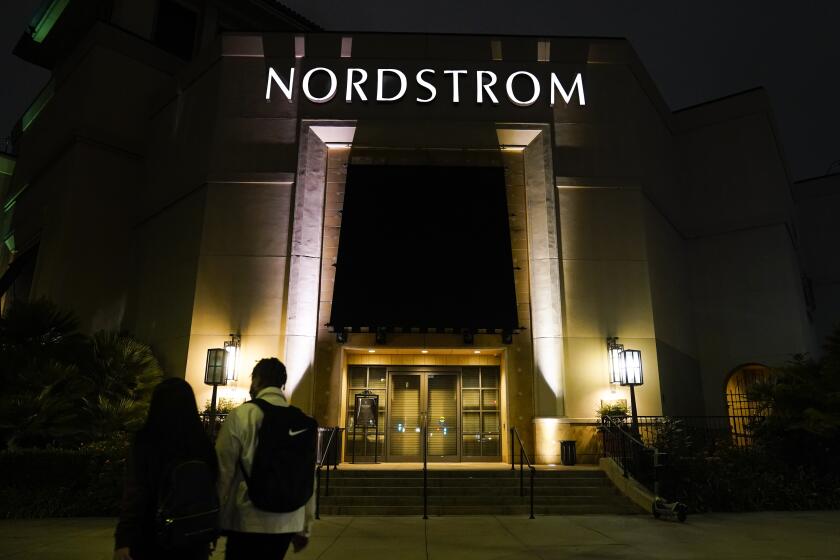Firms Must Invest Pension Funds Faster
The Labor Department, attempting to enhance the security of employee pension plans, on Wednesday directed U.S. firms to invest workers’ savings more quickly and urged Congress to subject large retirement plans to more stringent audits.
“Government cannot fall short on its responsibility to ensure that workers’ pensions are there when they expect them and need them,” Labor Secretary Robert Reich told reporters. “While the vast majority of plans are well-run, we discovered through our enforcement efforts that too many employers held workers’ contributions to their pension plans too long.”
The investment directive will increase the value of pension plans nationwide by $76 million annually, the Labor Department estimates. It requires employers to deposit retirement funds withheld from a worker’s pay into the designated investment account within 15 days of the end of the month in which the paycheck is issued.
The rule, scheduled to take effect in six months, has prompted complaints by many companies that say it will impose an unreasonable administrative burden on their pension plan administrators.
Currently, companies can wait as long as 90 days before depositing withheld funds in investment accounts. Reich said Labor Department investigators found that some companies--especially those with financial problems--”improperly use the funds as a type of interest-free loan to manage cash-flow problems.”
Reich said the 90-day window denies workers the additional earnings that could be generated by a more rapid deposit of their funds. By mandating faster deposits, Labor officials believe pension plans will generate an additional $76 million in investment earnings in 1997.
In addition, Reich said, the tighter timetable should reduce the temptation for firms to divert workers’ retirement funds to other uses.
That’s what happened to Willard Harris, a retired police officer from Patterson, N.J., who appeared at Wednesday’s news conference. After leaving the police force, Harris became the security manager for Bender & Company. When he did not get statements from the company’s 401(k) retirement plan for several years, he became suspicious and alerted Labor Department investigators.
“They were just taking my money out of my pay and misusing it,” said Harris, whose retirement funds were returned, with interest, after the Labor Department’s intervention.
A Labor Department enforcement initiative begun last year has returned $9.8 million to workers’ retirement accounts and brought 56 criminal charges against those alleged to have misused workers’ savings.
The department’s investigations prompted Reich to call for passage of legislation to close a loophole that has made it harder for workers and government watchdogs to scrutinize pension plans.
Under a provision in the law governing pension management, companies that sponsor roughly half of the nation’s 65,000 large pension plans are permitted to obtain a “limited-scope audit” rather than a comprehensive review, in which an accounting firm is given full access to a plan’s financial records. Reich urged Congress to pass a measure that would close the loophole and require all companies sponsoring large pension plans to contract for “full-scope” audits. The requirement would affect plans holding a total of $950 billion in assets.
Reich said it is impossible to determine how much fraud is eluding discovery because of the limited-scope audits.







